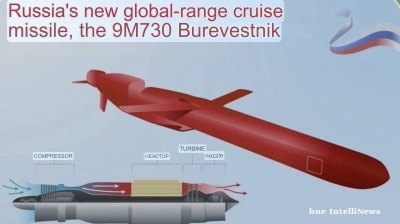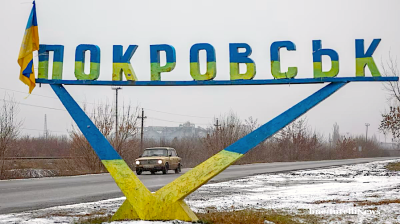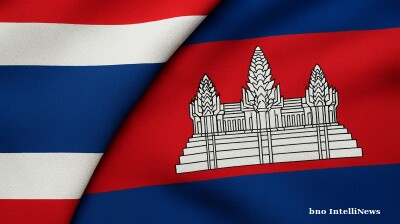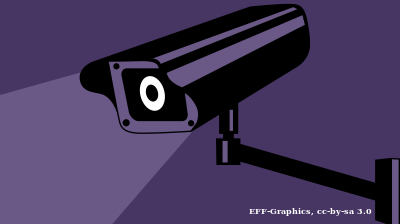Brazilian President Luiz Inácio Lula da Silva and US President Donald Trump have agreed to start immediate negotiations on tariffs and sanctions imposed by Washington, following a meeting on October 26 that sought to ease trade tensions between the two countries.
The leaders met for about 45 minutes on the sidelines of the Association of Southeast Asian Nations (ASEAN) summit in Kuala Lumpur, their first official bilateral talks since relations soured after Trump announced punitive levies on Latin America's largest economy in July.
Brazilian Foreign Minister Mauro Vieira said the government assessed the encounter as extremely positive, stating that Trump had accepted Brazil's demand for urgent negotiations, Folha de S. Paulo reported.
"President Trump stated that he will instruct his team to begin a process, a period of bilateral negotiations that should begin today [October 26], because everything is to be resolved in a short time," said Vieira.
Departing the meeting, Trump told reporters he was confident the tariffs "could be resolved very quickly.”
According to government officials, the US president proved receptive to Lula's arguments and grasped important points, with acceptance of the request for immediate negotiations considered amongst the main positive outcomes.
Vieira disclosed that discussions would commence in the evening of October 26, Malaysia time, corresponding to morning hours in Brazil.
The request for negotiators from both governments to engage the same day originated from Lula and received Trump's approval.
"The dialogue was frank. President Lula made it clear that the motivation used by the US to impose tariff increases on the rest of the world does not apply to Brazil because of its trade surplus with the US. He said and repeated this several times," Vieira said.
However, authorities do not anticipate any immediate measures such as tariff suspension pending negotiation conclusions, though some kind of resolution is expected within the coming weeks.
Vieira confirmed that sanctions imposed against Brazilian officials also featured in discussions. Trump reportedly did not respond directly but listened and acknowledged the request.
"President Lula reinforced the need to suspend the tariff hike, the unfairness of the argument used, the need to suspend the Magnitsky Act in relation to some authorities, and how unfair this is. And President Trump, very friendly, listened very attentively and clearly instructed his team to continue dialogue with us to reach a good agreement," Vieira said.
Trump, joined by Secretary of State Marco Rubio, struck a conciliatory tone before the meeting, telling reporters: "I think we should be able to make some pretty good deals for both countries."
Lula said he thought he could announce "good news" and added there was “no reason for having any kind of conflict" between Brazil and the US.
Minister Vieira told journalists Brazil had requested tariffs be suspended during the negotiation process, though the US response remained unclear.
"We will establish a negotiation schedule and establish the sectors we will talk about so that we can move forward," Vieira said.
"We hope to conclude bilateral negotiations that address each of the sectors of the current American (tariffs on) Brazil in the near future, in a few weeks.”
Turning to one of the key sources of tension, Lula himself raised the issue of former president Jair Bolsonaro during the talks, according to officials. The Workers' Party leader emphasised that the far-right politician, a close ideological ally of Trump, could not influence Brazilian judicial decisions — a position the US president reportedly accepted.
Trump raised tariffs on most Brazilian imports from 10% to 50% in early August, linking the measures to what he termed a "witch hunt" against Bolsonaro.
Following pressure from Bolsonaro's son Eduardo, who relocated to Washington earlier this year to lobby on his father's behalf, the US also slapped sanctions on several Brazilian officials, including Supreme Court justice Alexandre de Moraes. The judge oversaw the trial that resulted in Bolsonaro's conviction and 27-year sentence for attempting a coup after the 2022 presidential election.
Lula had described the tariff increase as a "mistake," citing a $410bn US trade surplus with Brazil over 15 years.
Brazil's potential negotiating advantages include holding the world's second-largest rare earths reserves after China, potentially providing leverage in discussions about critical minerals used in electric vehicles, advanced weapons systems and medical devices.
Prior to the summit, Lula had floated cooperation on drug trafficking rather than unilateral US military operations in the region, even as the Pentagon increased its naval deployment in the Caribbean, particularly off the coast of Venezuela, and continued its deadly strikes on alleged drug-carrying vessels.
"Before judging someone, before punishing someone, there must be evidence. You can't simply say you're going to invade, that you're going to combat drug trafficking in foreign territory, without taking into account the constitution of other countries, the self-determination of peoples, the territorial sovereignty of each country," Lula said.
"It's much better that the US is willing to engage in dialogue with the police forces of our countries, with the justice systems of each country, so that we can do something together.”
According to Reuters, higher US tariffs on Brazilian goods have begun reshaping global beef trade, pushing up US prices and encouraging triangulation via third countries such as Mexico, while Brazilian exports to China continue expanding.
News

Russia test fires its Burevestnik nuclear-powered cruise missile
Russia’s Burevestnik nuclear-powered cruise missile has no analogues in the world, Russian President Vladimir Putin said, as the Kremlin escalates the unfolding missile arms race with Ukraine another notch.

Russia claims to surround Pokrovsk
Russia’s chief of the general staff Valery Gerasimov triumphantly reported to Putin that 31 Ukrainian battalions have been encircled in Pokrovsk and 18 battalions in Kupyansk, the hottest spot in the war.

Cambodia and Thailand agree peace deal
Thailand and Cambodia have agreed a peace deal to mark the end of a conflict earlier in the year as Cambodian Prime Minister Hun Manet and Thai Prime Minister Anutin Charnvirakul attended a signing ceremony overseen by US President Donald Trump.

Trump would like to meet North Korea’s Kim Jong Un during Asia trip
The prospect of renewed diplomacy between Washington and Pyongyang has lingered since Kim’s remarks last month suggesting a willingness to speak to the outside world.

.jpg)


